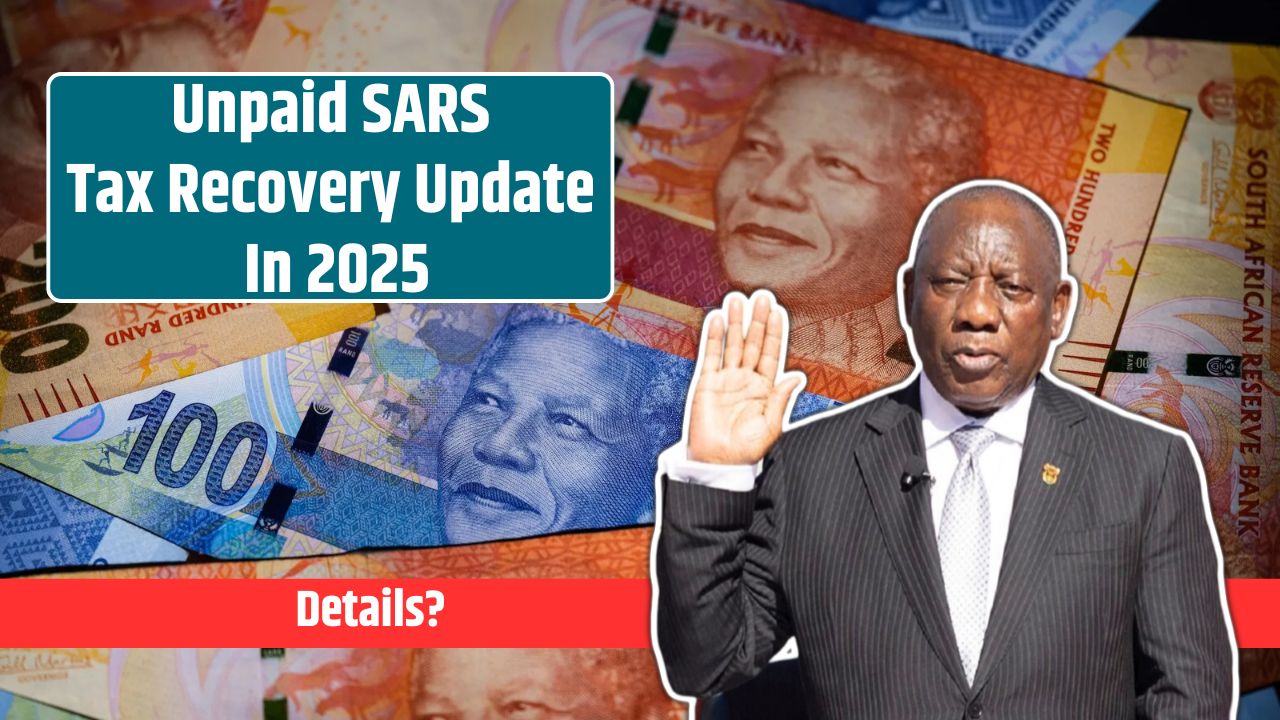The South African Revenue Service (SARS) is known for its robust tax enforcement strategies, ensuring compliance and securing the government’s revenue.
In the 2023-2024 fiscal year, SARS collected over R1.68 trillion in tax revenue, a 7.7% increase from the previous year.
However, for taxpayers with outstanding tax debts, SARS has the legal authority to recover unpaid taxes through aggressive measures, including deductions from salaries, bank accounts, and even pension funds.
Here’s an in-depth look at how SARS enforces unpaid tax recovery, the laws that empower these actions, and steps taxpayers can take to protect their finances.
SARS and Its Legal Authority
SARS derives its power to recover unpaid taxes from several laws, particularly Section 179 of the Tax Administration Act (TAA).
This section allows SARS to collect outstanding debts directly from taxpayers’ financial assets by instructing third parties, such as:
- Banks: Deducting funds from personal or business accounts.
- Employers: Reducing salaries or wages to recover owed amounts.
- Pension Fund Administrators: Accessing retirement savings, subject to legal exceptions.
Although the Pension Funds Act (PFA) generally protects pension savings, exceptions exist for tax obligations under the Income Tax Act.
This means SARS can legally access pension funds when other financial resources are insufficient.
How Pension Funds Are Affected
The idea of pension deductions has been a controversial topic, given the protections provided by Section 37A of the Pension Funds Act.
While pensions are usually safeguarded, exceptions for unpaid taxes have been upheld by courts.
Notable Case: Piet v CSARS (2024)
In a landmark ruling, SARS recovered R146,000 from a taxpayer’s pension fund to settle unpaid taxes. The taxpayer challenged this action, citing violations of the PFA and constitutional rights.
Key Findings:
- Section 37A Exceptions: Deductions for unpaid taxes are permitted under legal provisions.
- Section 179 of the TAA: SARS has explicit authority to access pension funds for tax recovery.
- Court Ruling: The High Court upheld SARS’ actions, emphasizing the importance of enforcing tax laws over the taxpayer’s claims.
How SARS Recovers Unpaid Taxes
SARS follows a structured process to recover unpaid taxes:
- Notification of Liability
SARS informs taxpayers of their outstanding debts through formal notices. - Final Demand
If no response is received, SARS issues a final demand, detailing the amount owed and consequences of non-payment. - Directive to Third Parties
SARS instructs third parties, such as banks or pension administrators, to transfer the owed funds directly to SARS. - Compliance by Third Parties
Banks, employers, or pension administrators must comply with SARS’ directives unless a valid reason for non-compliance is provided.
Can Taxpayers Challenge SARS?
Taxpayers have the right to challenge SARS’ actions if they believe there has been a mistake or unfair treatment.
Legal Remedies
- Objections and Appeals: Taxpayers can file objections or appeals under the provisions of the TAA.
- Constitutional Challenges: While some argue that SARS’ actions violate constitutional rights (e.g., access to social security), courts often uphold SARS’ authority, citing Section 36 of the Constitution, which allows reasonable limitations to uphold tax laws.
Implications for Taxpayers
Financial Risks
- Loss of Pension Savings: Deductions from retirement funds can jeopardize long-term financial security.
- Reduced Monthly Income: Employers may be required to deduct taxes directly from salaries, affecting disposable income.
- Bank Account Garnishment: Funds in personal or business accounts may be frozen or withdrawn to settle debts.
How to Protect Yourself
| Action | What to Do |
|---|---|
| Pay Taxes on Time | File and pay taxes before deadlines to avoid penalties and interest. |
| Check Your Tax Account | Regularly monitor your SARS account for outstanding balances or notices. |
| Seek Professional Help | Consult a tax professional for guidance on tax obligations and disputes. |
Key Takeaways
- SARS Has Broad Powers: Its legal authority enables it to recover unpaid taxes from bank accounts, salaries, and even pension savings.
- Understand Your Obligations: Staying informed about your tax liabilities is essential to avoid enforcement actions.
- Legal Remedies Exist: While challenging SARS can be difficult, taxpayers can object or appeal within the framework of the TAA.
By staying compliant with tax laws, monitoring accounts, and seeking professional help when needed, taxpayers can avoid the financial and legal repercussions of unpaid taxes.
















